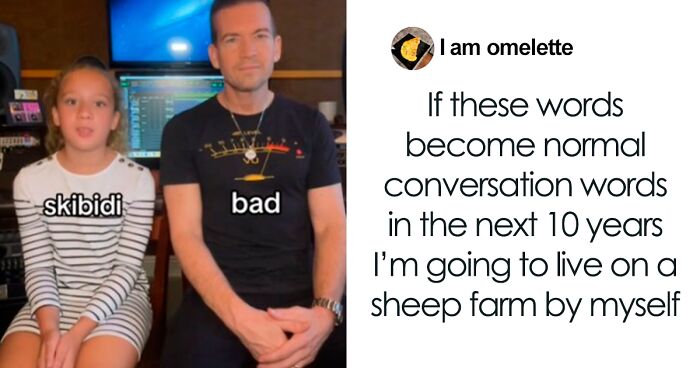
Dad Asks Daughter To Teach Him Slang Before He Works With Gen Alpha, Goes Viral
InterviewFollowing all the latest trends can feel close to impossible; because it probably is. With all sorts of new technology, fashion crazes, and artists, among other things, coming to light every day, it’s not easy to be up to date with everything.
Language is no exception. As the youth add more and more idioms and slang to their vocabulary, it often leaves the rest somewhat confused, which is especially evident when different generations meet.
Two representatives of different generations have recently gone viral on TikTok, when producer and songwriter Damon Sharpe uploaded a couple of videos of his daughter teaching him Gen A slang. The duo racked up millions of views, and likely taught quite a few people some slang terms they haven’t heard before. Scroll down to find both the terms and the videos below and see how much catching up you need to do.
Below you will also find Bored Panda’s interviews with the dad in the video, Damon Sharpe, and the William Benton Professor in Psychology at the University of Chicago, Dr. Boaz Keysar, who were kind enough to answer a few of our questions.
Keeping up with the youth’s trends is not always easy
Image credits: cottonbro studio / pexels (not the actual photo)
This daughter had to teach her dad Gen A slang so he was up to date with their ways of talking
Image credits: damonsharpe
Their video was watched more than 9 million times on TikTok
@damonsharpe Gotta adapt to the times as a songwriter 😤 #genalpha#slang#genz#terminology#producer#music♬ original sound – DAMON SHARPE
The duo came back with part two of the Gen A slang lessons
Image credits: damonsharpe
The second video got millions of views as well, and quite a few comments from netizens feeling old or confused
@damonsharpe You guys wanted a part 2 so here it is 🤦🏼♂️ #genalpha#ipadkid#producer#dj#slang#terminology @Charlie Belle ♬ original sound – DAMON SHARPE
Gen A seems to put a new spin on slang or change the context for it altogether
“It’s interesting to me how they pull from a combination of internet culture, AAVE [African American Vernacular English], and previous generations’ slang to create their own,” the ‘student’ in the video, Damon Sharpe, told Bored Panda in a recent interview.
“Gen A in particular seems to change up the definition and context for their slang. So one person may define rizz as charisma and another—a gen alpha—will apply it to romance,” the dad continued. “They also borrow a lot from previous generations’ slang and give it a new spin: Gen Z refers to a bop as a catchy song but Gen Alpha calls a girl who always takes selfies a bop.”
Discussing how hard it is for him to keep up with the ever-changing slang and other popular trends, Damon said it can be challenging, but it’s part of his job. “When I’m working with younger artists, I love to pick their brains on all things in their world, music, pop culture, tech, and yes, slang. When I wrote ‘Love Don’t Cost A Thing’ for Jennifer Lopez as a young and emerging songwriter, I used my generation’s slang at the time, and it was confusing to a lot of the older generation. ‘Bling’, ‘rollie’, ‘floss’, and ‘iced’ were just a few, I think, my co-writer Greg Lawson and I helped push into the mainstream with our song.”
There are always new words to add to one’s vocabulary
Image credits: Ivan Samkov / pexels (not the actual photo)
Taking two people representing any two generations would show just how different a language can be, even if they both speak French, for instance. That’s partially because a language is always changing; there’s always new words to add to the already quite extensive list (not to mention the trending slang that seemingly changes every five minutes).
One example of new words coming up rather unexpectedly is Eminem and his song “Stan”, which became the reason a new word was added to the Oxford English Dictionary. TIME reports that said dictionary now officially defines a “stan” as “an overzealous or obsessive fan of a particular celebrity”, citing the origin as “probably an allusion” to Eminem’s hit from the 2000s.
According to the BBC, language is constantly changing to adapt to and reflect our ever-changing lives. It “enables us to accommodate new ideas, inventions and technologies”, and there sure are plenty of them presented with each passing day. (Not that long ago we didn’t have podcasts to listen to and we didn’t read blog posts (or web logs, in full), so we didn’t have these words, either.)
According to Professor in Psychology at the University of Chicago, Dr. Boaz Keysar, one place where you can see quickly accumulating youth-specific jargon is the use of acronyms and expressions on the internet. The expert pointed out that they were mainly invented for ease of communication—TL;DR, for instance, standing for too long;didn’t read—but also for warning others or talking over the heads of adults (as in POS – Parent Over Shoulder).
“Some of this has become almost like a foreign language for adults, who make mistakes in using it that are similar to mistakes that foreign language users make. They might know the meaning, but they sometimes apply it in the wrong place,” he said.
Youth slang is likely to be at least partially driven by their need to belong
Image credits: Lisa Fotios / pexels (not the actual photo)
One of the most significant factors to have shaped language use in the recent past is the rise of social media and instant messaging. Even though the internet has only been here for just over four decades, it has immensely influenced the way we communicate both online, and consequently, in real life, too.
“Indeed, language constantly changes, and it is a natural process; it evolves despite the complaints of language purists,” Dr. Boaz Keysar told Bored Panda. “It is easy to see the change if you look at newspapers twenty years ago, but these days the pace of visible change is accelerating with social media.
“Though language change had been typically mediated by editors, the impact of the young generation is more pronounced in our times because they are driving social media. One might think that young people invent new expressions in order to exclude the clueless adults, but I don’t think there is evidence for that.”
Dr. Keysar suggested that inventing new expressions and slang is more likely to be driven by youngsters’ need to create language communities and their need to belong, and by the fast pace of digital communication. “Adults are often baffled by new expressions and acronyms as a result, as they are much slower to catch on to the changes. I am sure this leads to many cases of miscommunication, as the young don’t realize that they are often using a ‘private’ language and expecting older people to understand them,” he explained.
Quite a few people use slang without even understanding the meaning behind it
While slang terms tend to differ from generation to generation, people of all ages are no strangers to such a form of spoken or written language. According to WordsRated, as much as 80% of people in the US use slang, with one-in-five of them doing so in every conversation. What might come as a surprise, though, is that roughly half of people use slang without fully understanding its meaning.
That’s why 83% of Americans admitted having turned to the internet to look up the meaning of certain slang terms. Nearly seven-in-ten of those confused by current slang have sought help from a younger person, asking them for a definition. That means Damon is far from the only one taking lessons from youngsters on how to use “rizz”, “skibidi”, and similar terms correctly.
“Whenever I feel confused I immediately turn to either my daughter Charlie or a younger artist I’m working with. As long as we are genuinely interested and don’t judge them for their new vernacular they are open to letting us in on their newly crafted terms. Even though they may cringe a bit if we try to use it,” he told Bored Panda.
“I’m so happy to have these videos go viral and be able to share the moment with my amazing and beautiful daughter. Gen Alpha is born into the world of social media so it’s really ‘sigma’ for her,” Damon added, showing that the lessons did not go to waste.
Fellow TikToker shared their reactions in the comment section
On his TikTok account, Damon has covered Gen Z slang, too
@damonsharpe There may be some slight miscommunication going on 😂 #producer#genz#slang#dj#musicindustry♬ original sound – DAMON SHARPE
•
Not Quite Done Yet!
Discover Your Competitive Edge
Subscribe Premium to Compare Your Stats with Others
More Premium features:
How did you score compared to others?
Your general stats:
| User | Result | Reward |
|---|---|---|
  | / 20 | |
  | / 20 | |

It's more specific than just charisma. It's specific to romantic charm, so charisma, but only as it relates to romance.
Load More Replies...This is totally happening, Daddy-O. A bunch of cool cats owning the city these days.
“Rizz” is charisma. “Mewing” is a specific pseudoscientific practice.
It's more specific than just charisma. It's specific to romantic charm, so charisma, but only as it relates to romance.
Load More Replies...This is totally happening, Daddy-O. A bunch of cool cats owning the city these days.
“Rizz” is charisma. “Mewing” is a specific pseudoscientific practice.

 Dark Mode
Dark Mode 

 No fees, cancel anytime
No fees, cancel anytime 







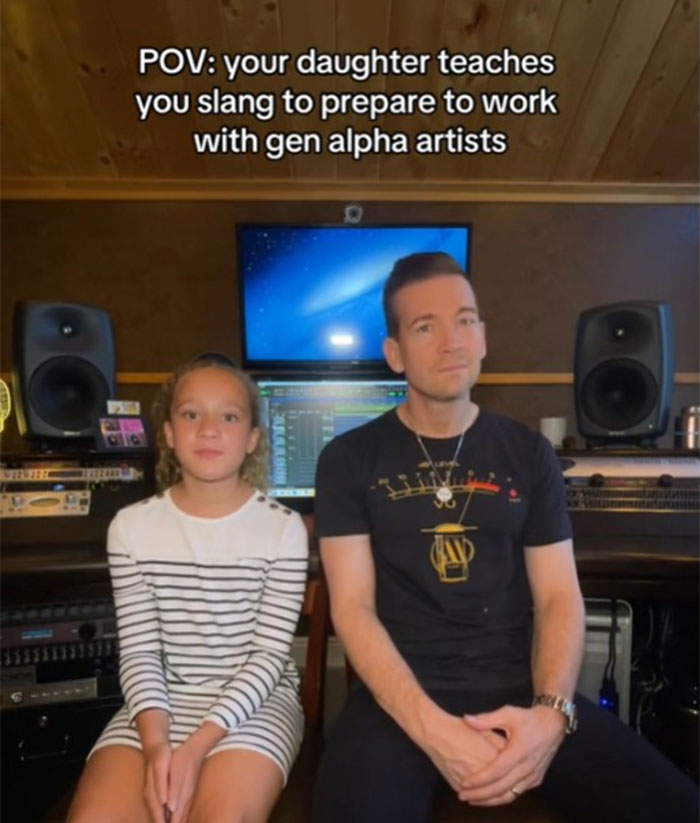
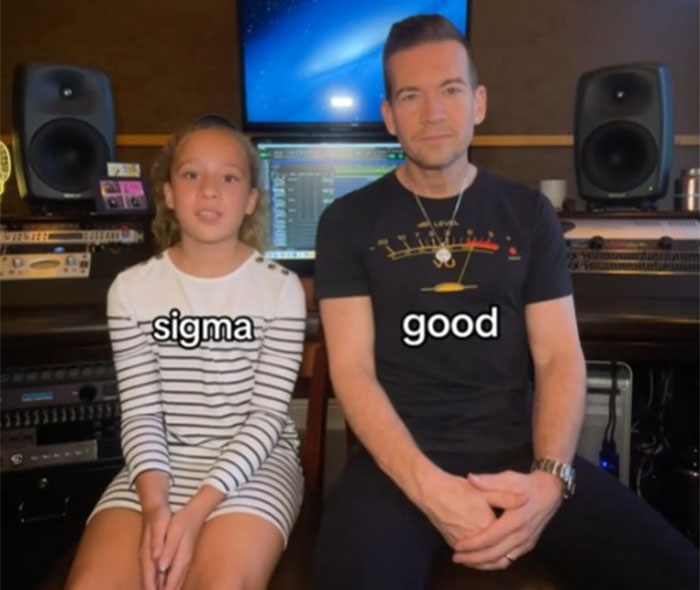
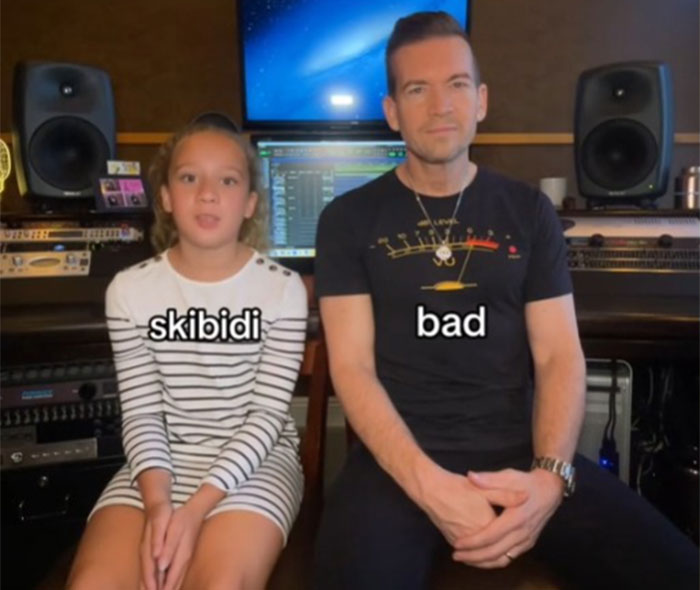
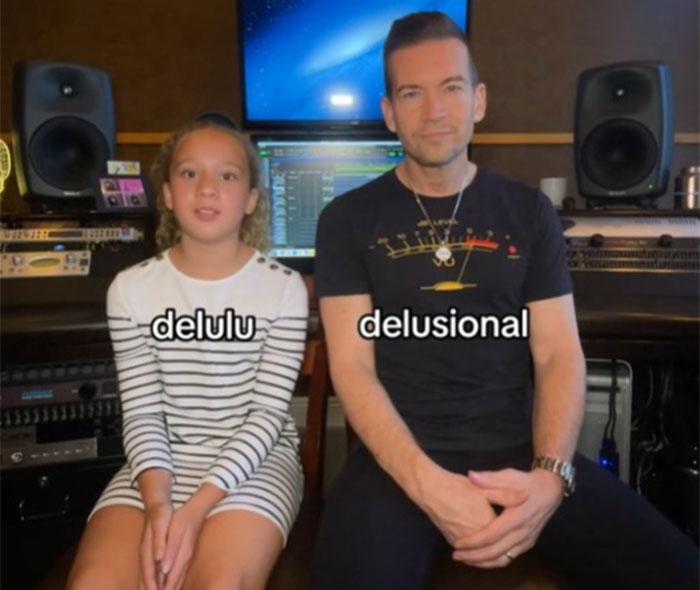
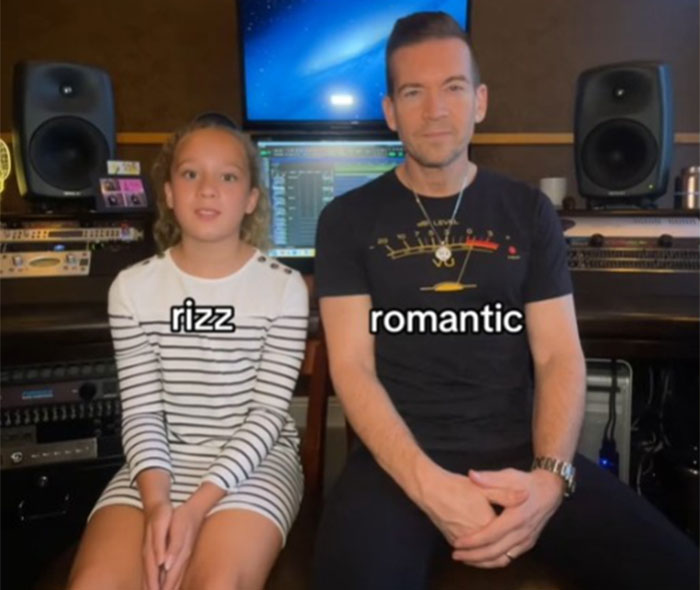
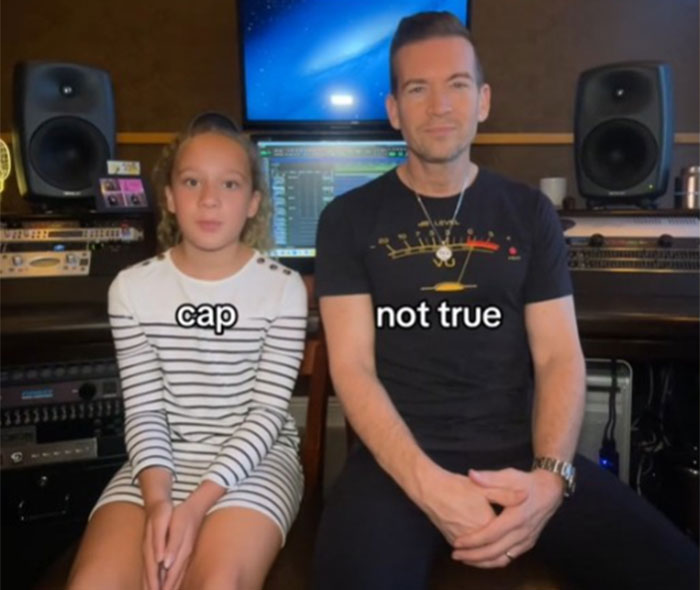
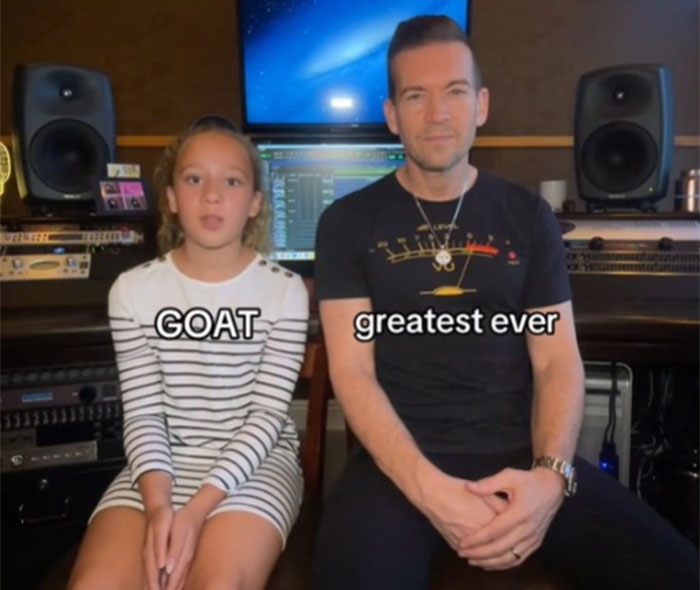
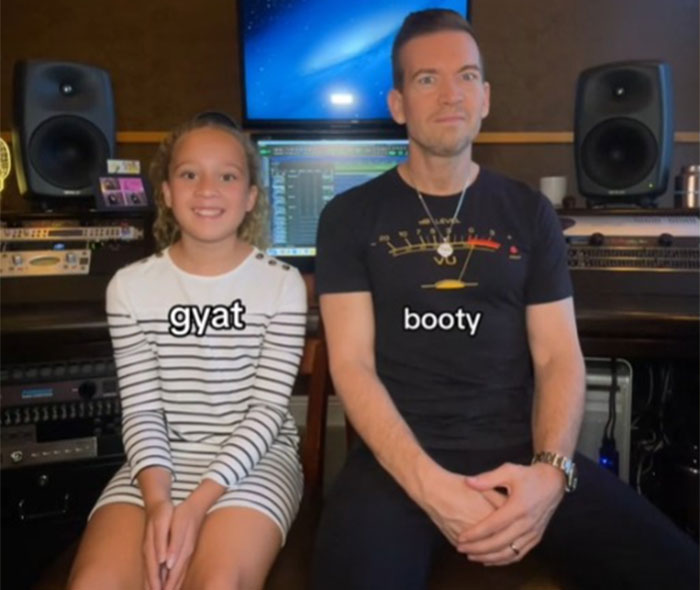
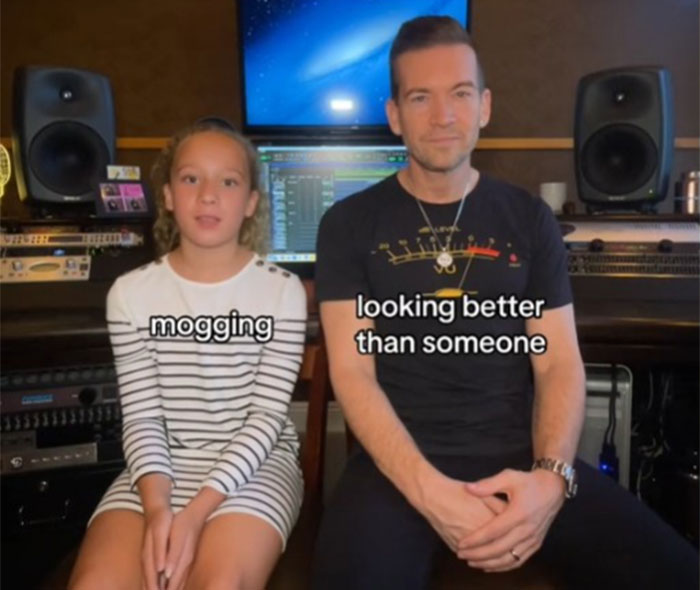
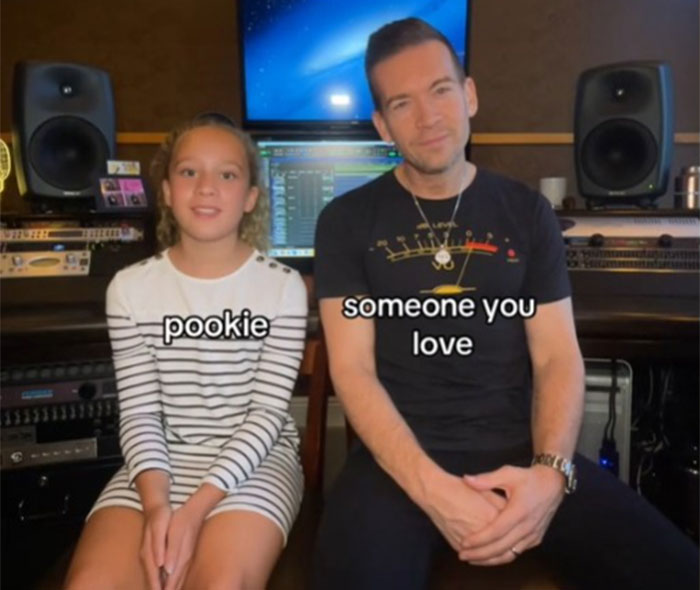
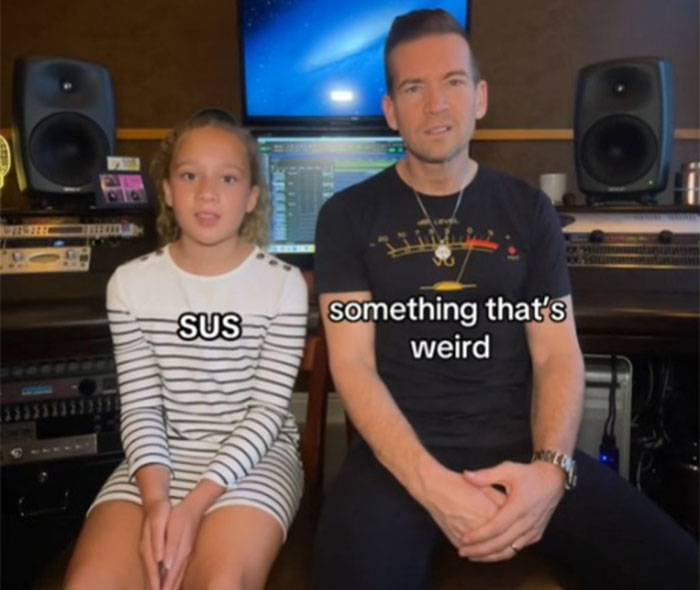
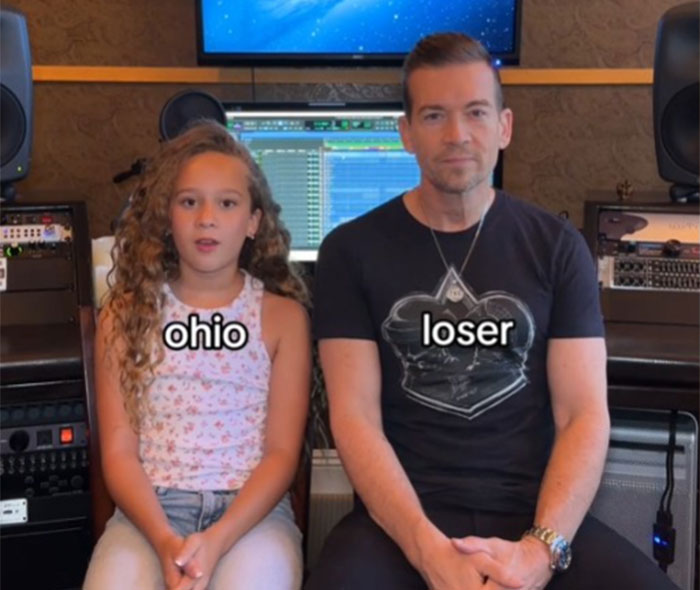
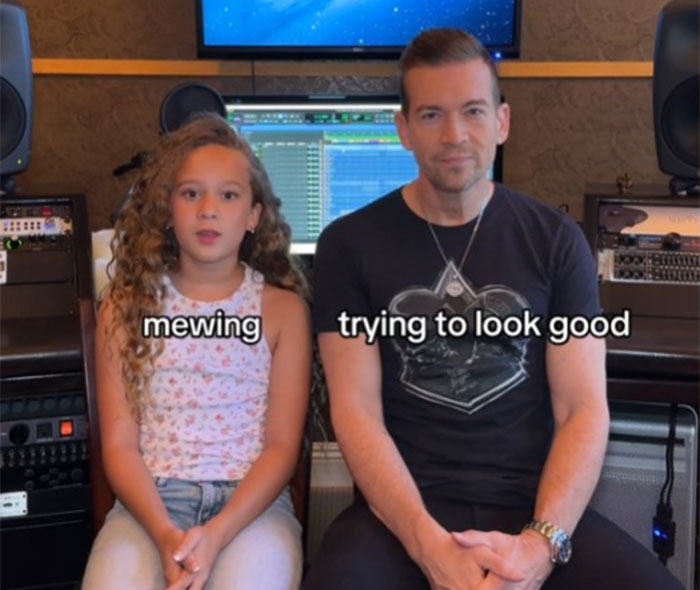
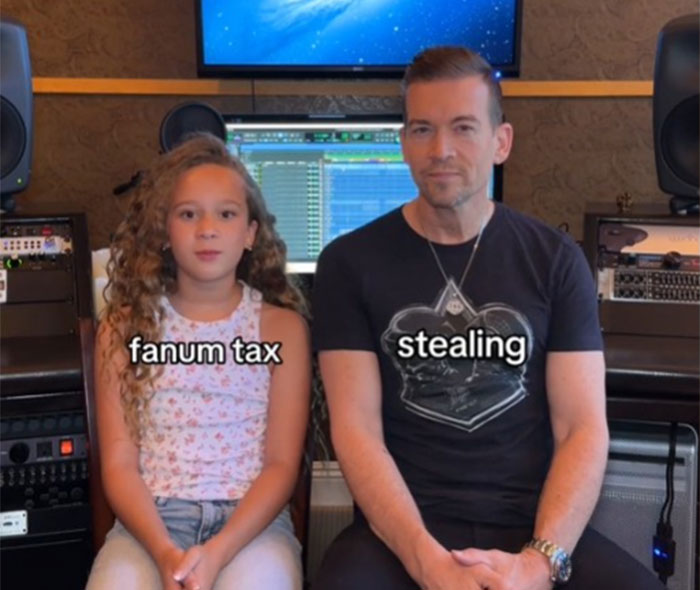
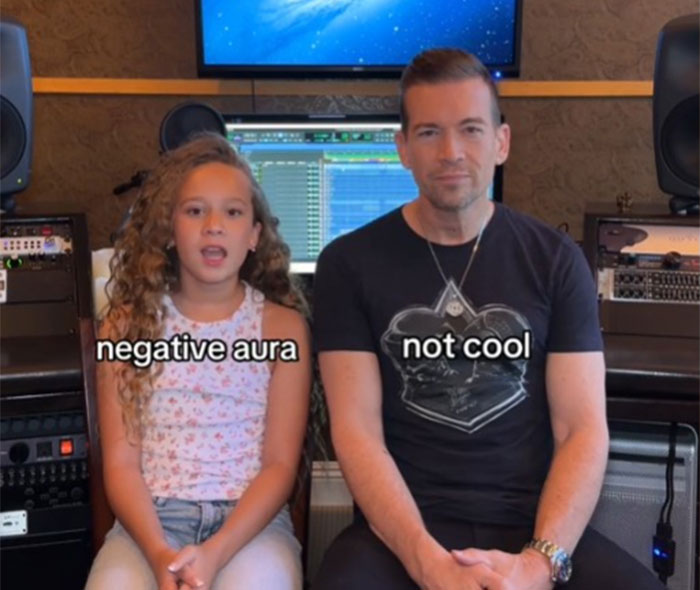
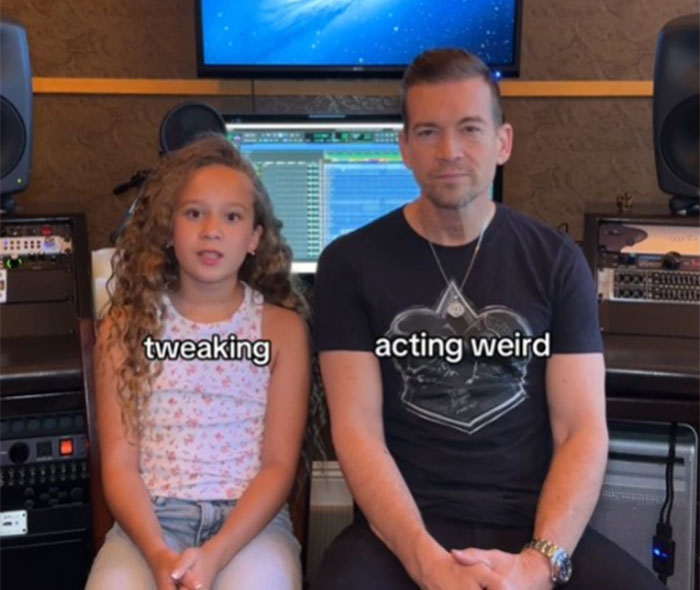
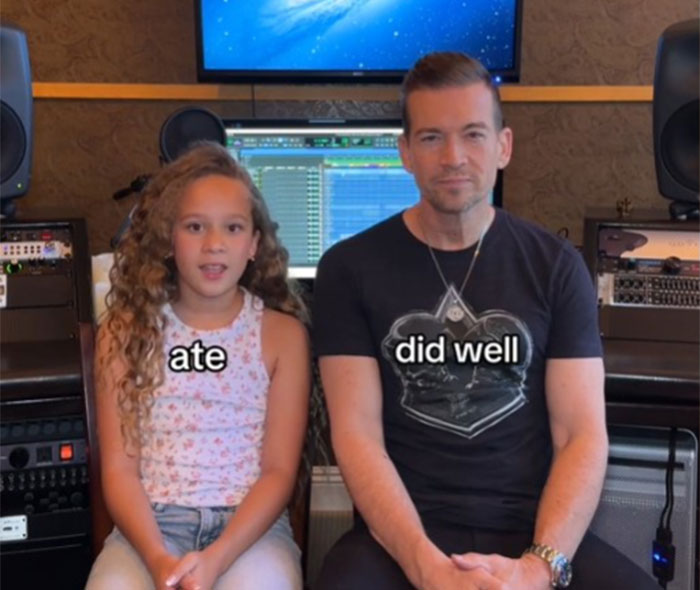
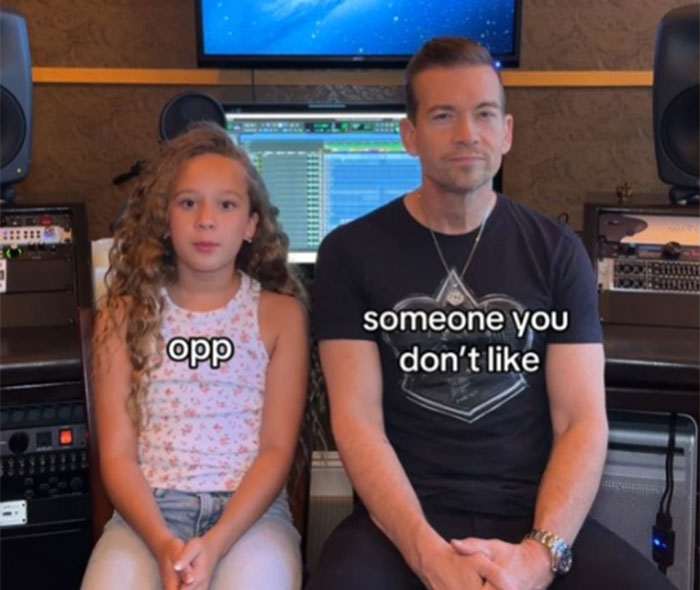
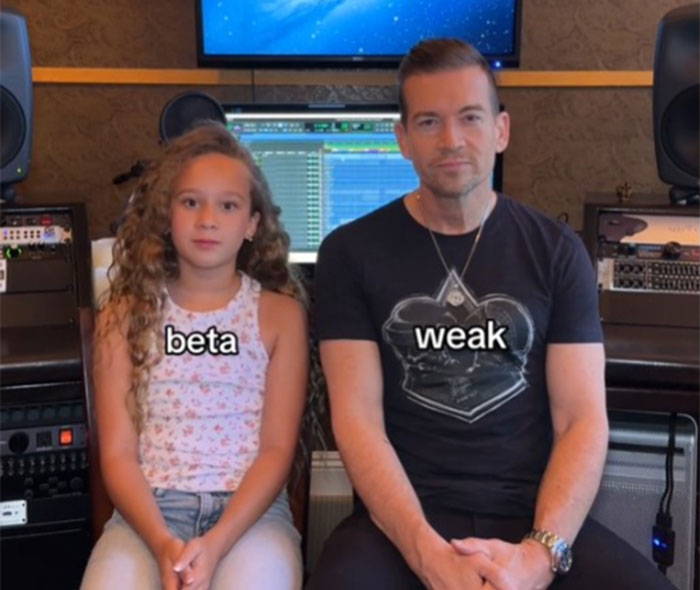
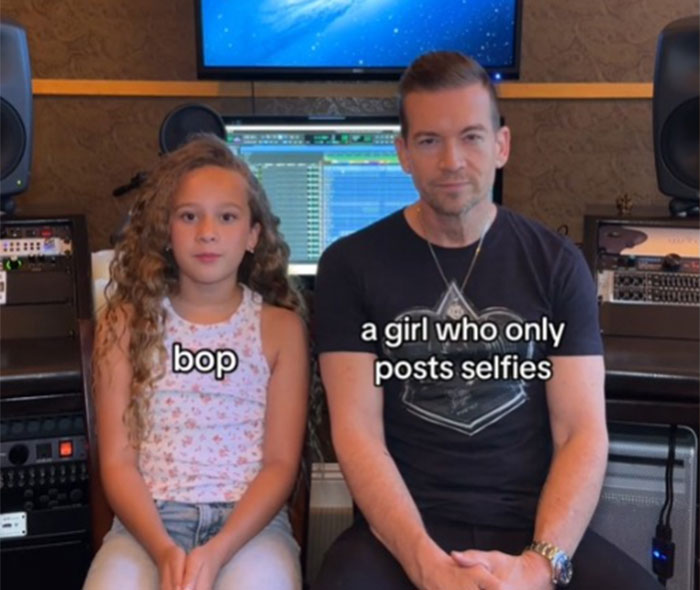
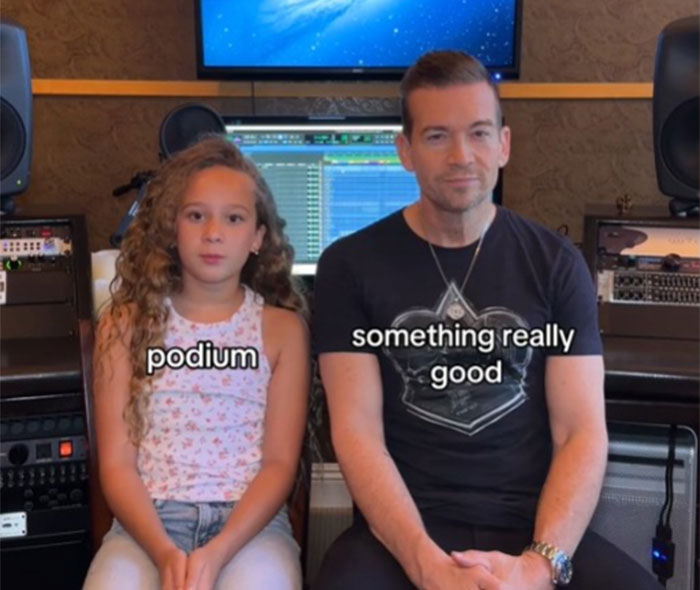


































































-3
73